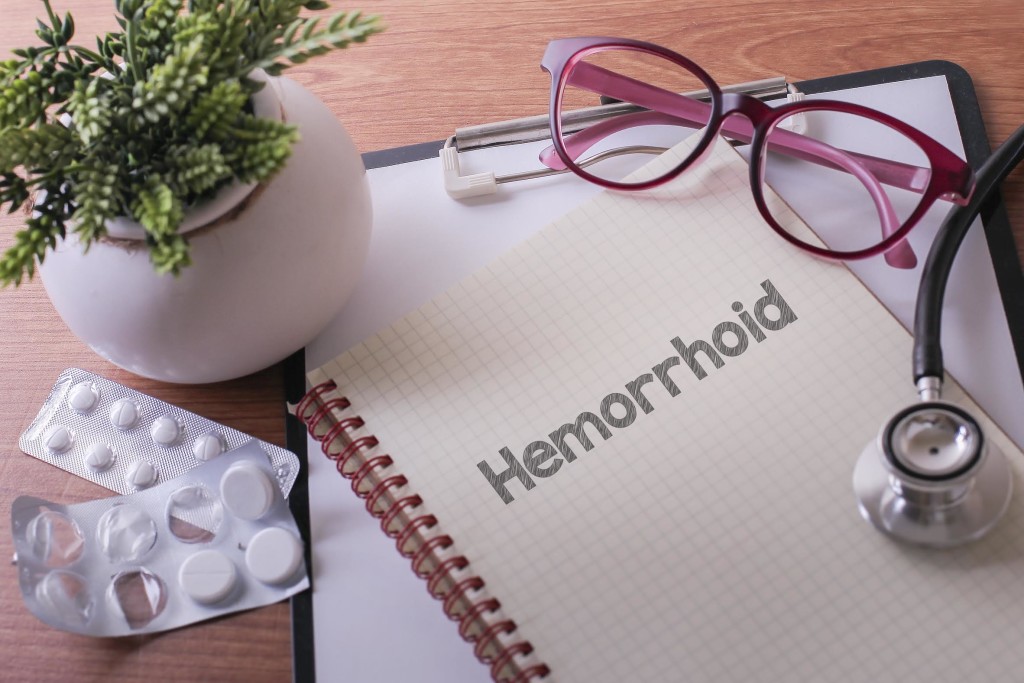
Hemorrhoid Treatment Options
Not only are hemorrhoids a painful and frustrating health condition, many patients feel unnecessarily ashamed about this common problem, which can lead to delaying treatment, remaining uninformed, or both. This is not good, because a bad case of hemorrhoids can affect your quality of life and impede you from doing what is important to you. Luckily there are many ways to treat them, both at home and at the doctor. Here are some tips for easing the pain through self treatment, as well as a few options for treatment in the doctor’s office.
Managing hemorrhoids at home:
- Try not to use toilet paper when you go to the bathroom, as it can scratch and irritate your hemorrhoids, making the pain worse. Instead, try using baby wipes or cotton. If you have to use toilet paper, consider moistening it first. Whatever the case, be gentle and careful.
- When you go to the bathroom, try not to force it out. If you are constipated, just wait until you feel like you can go. If you try to force it, you can inflame your hemorrhoids. Likewise, when you need to go, never hold it, as this can have equally painful and detrimental effects. Instead, listen to your body and do whatever feels most natural.
- Wear loose underwear. The looser and softer your underwear, the less likely it will be that they irritate you or make you itch. It is especially important that your underwear stay loose because this allows you to air out and prevents sweat from accumulating and causing you to chafe.
- Consider painkillers. While this will not necessarily help your hemorrhoids go away, it will improve your quality of life and make the treatment stage more bearable. Just take care not to ignore flare-ups by medicating yourself every time it hurts.
- This may seem like a no brainer, but it is important not to scratch when you grow itchy. This can inflame your hemorrhoids and cause both the pain and itching to worsen.
- Using a topical cream, ice, or frequent warm baths (especially immediately after a bowel movement) can lighten pain and ease swelling. Furthermore, washing yourself (gently) from time to time can be helpful, as it is of the utmost importance to stay clean.
- Diet can affect hemorrhoids for the better and for the worse. The best diet during a bout of hemorrhoids is one that is high in fiber, as well as water. Eating healthy can help you stay healthy and comfortable in more ways than one.
- If sitting on hard surfaces is painful, consider placing a pillow beneath you when sitting for long periods of time.
Surgical and other procedural options:
- Rubber band ligation. This type of treatment involves small rubber bands being placed around your hemorrhoids, which, in a few days, will cause them to shrivel and fall off. This is one of the least intrusive treatments, but it can cause light bleeding.
- Chemical treatment. This option involves a doctor injecting chemicals into your hemorrhoids which, in time, cause them to shrink and disappear. While this option is mostly painless, it has a slightly lower success rate than other options.
- Coagulation. Coagulation involves using heat from a laser or infrared light to harden and remove hemorrhoids. This is another less intrusive option, but is associated with a somewhat higher rate of recurrence than the others.
- Surgery. This is the most intrusive option, and may require some time to recover, but it is also the most effective way of removing all hemorrhoids and preventing them from coming back. The doctor will use a variety of methods to completely remove all excess tissue. While this method can be painful, most of the pain treatment options above can be used to mitigate the pain during recovery.